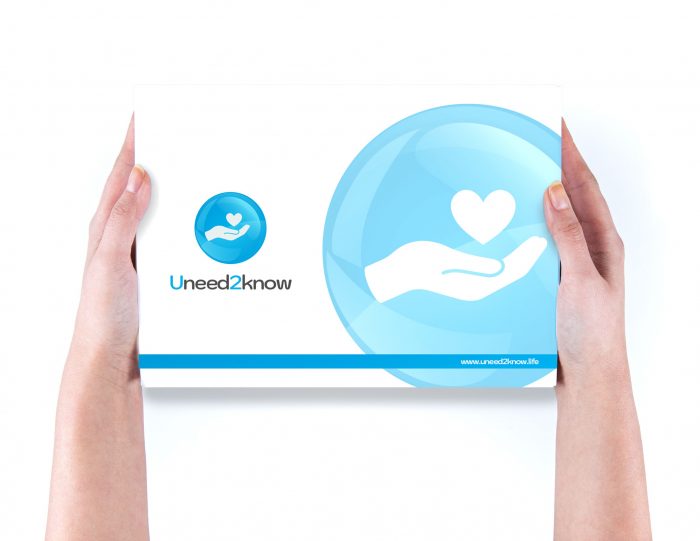About the appointment
If you test positive for HIV, Syphilis or Hepatitis B our customer service team will call you in the first instance to notify you that there is a requirement for further confirmatory testing where a greater quantity of blood will be taken and sent to the laboratory for further analysis. You can go to your own GP, arrange an appointment with a private phlebotomist or book now with the Uneed2know phlebotomist.
The areas we cover for Confirmation Tests are as listed below:
England excluding far reaches of Kent, Norfolk and Cornwall, Northern Ireland, Belfast, Wales, Cardiff, Swansea, Mid/Main North Wales.
£145.00
Please complete the information below to place an order, please ensure that these details are for the patient that will be taking the test.

About STI's
About STI's
Chlamydia: One of the most common in the UK and most people do not know they have it. If you do get symptoms, the most common include pain when urinating, discharge from the vagina or penis, and pain and/or bleeding after sex. We can diagnose Chlamydia with a urine test and is easily treated with a course of antibiotics.
Gonorrhoea: This STI is caused by bacteria. Typical symptoms include pain when peeing and yellow discharge from the vagina. Almost half of infected women do not get any symptoms at all. This is usually treated with a single antibiotic injection.
Trichomoniasis: This STI is caused by a tiny parasite. Around 50% of people do not get any symptoms but this does not mean the infection cannot be passed on. The most common symptoms include pain when peeing, swelling or redness around the vagina, and discharge from the vagina. Trichomoniasis is treated with a course of antibiotics.
HIV: Caused by a virus which damages the cells in your body, making it harder to fight off diseases and infections. If it is not treated, HIV can lead to AIDS. Treatment, such as PrEP, can be used to stop symptoms but there is no cure at present. The virus may cause flu symptoms 2 to 6 weeks after it enters the body, but many people do not develop any symptoms, meaning they do not know they have it.
Syphilis: This STI is also caused by bacteria. The most common symptoms include white patches in the mouth, fever, tiredness, headaches and ulcers on the vagina. It can cause serious issues if left untreated but can be cured with antibiotics.
Gardnerella: This bacteria can cause bacterial vaginosis (BV) and is mainly found in women. It causes a change in bacteria balance in the vagina. Typical symptoms include white discharge and a fishy odour. BV is not an STI but you have more risk of catching it if you have sex. BV is treated with antibiotic tablets, creams, or gels.
Mycoplasma: This STI is caused by bacteria and is found in around 1 in 100 adults. The most common symptoms are a watery discharge from the vagina and pain when peeing. Mycoplasma can be hard to treat, so you must get a doctor to advise on the best antibiotics.
Ureaplasma: Caused by bacteria that leads to infection commonly found in the genital area. The most common symptoms include pain when peeing, burning, or discharge from the vagina.
Hepatitis B: These are STIs caused by a virus, which leads to liver infections. There is no cure for Hepatitis B and, but there are treatments to stop symptoms. The most common symptoms include fever, stomach pain, yellowing of the skin (jaundice), and nausea (feeling sick). People who have HIV are more likely to get Hepatitis B or C.
Herpes: Caused by a virus called herpes simplex virus (HSV) and is very contagious. HSV can also cause cold sores on the mouth area, which can also be transmitted to the genitals. The virus stays in the body and you may get outbreaks. While there is no cure, the symptoms of herpes can be managed with antiviral tablets to suppress or prevent outbreaks. The most common symptoms of an outbreak are tingling in the vagina, pain when peeing, and painful blisters around the vagina.
How do I book an appointment?
How do I book an appointment?
Uneed2Know are able to provide a confirmation blood test at an additional cost of £145.
Once you place your order, our phlebotomy provider will give you a call to discuss suitable dates, times and location to have your sample taken. Please note the phlebotomy service will only call during working hours of 9am – 5pm Monday to Friday.
Please ensure that you enter the correct telephone number at checkout.


